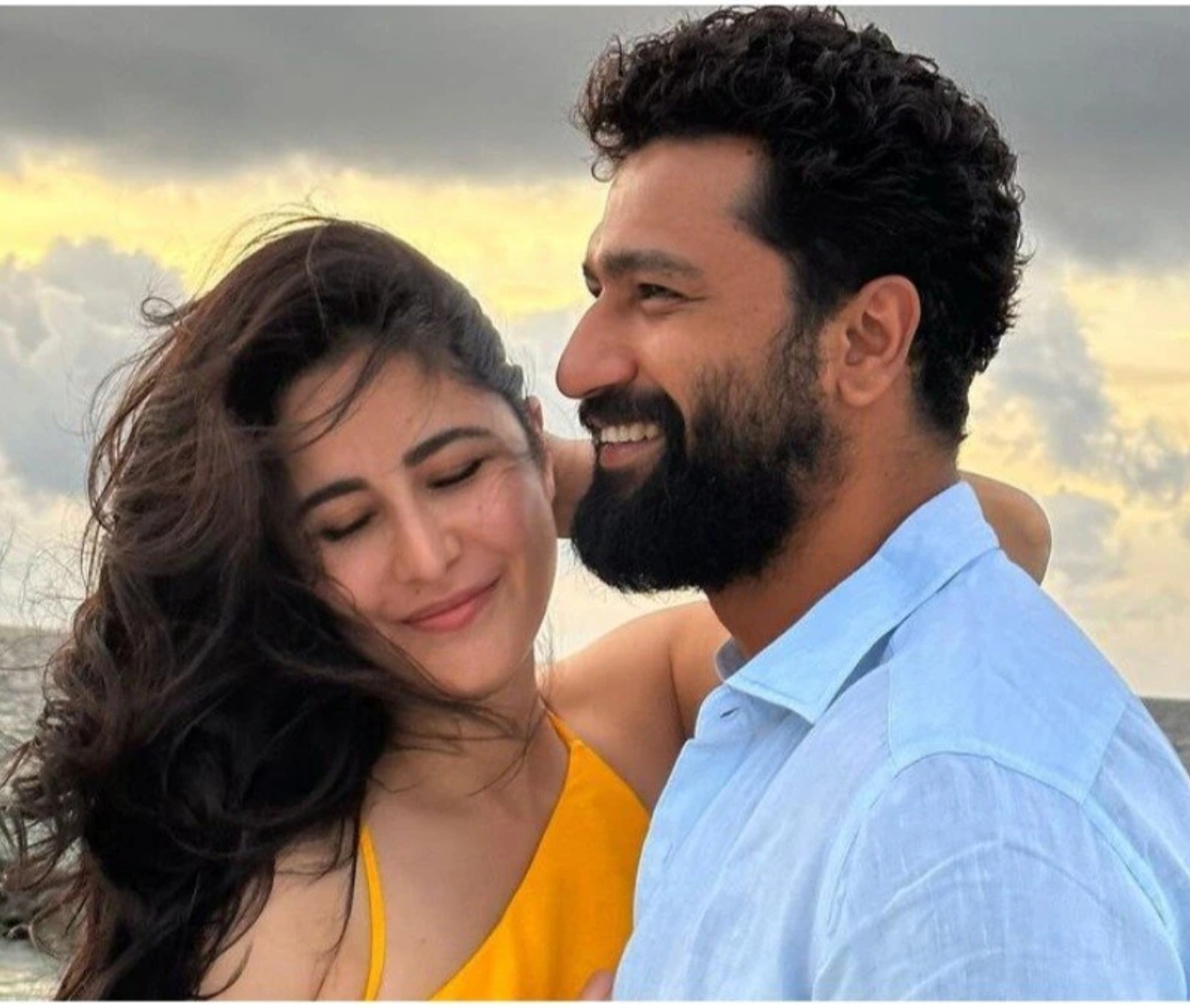On this day in the year 2019 ( 21st April, 2019) a series of devastating blasts rocked Sri Lanka on Easter Sunday, killing over 250 people and injuring hundreds more in one of the deadliest terror attacks the island nation has witnessed since the end of its civil war.
Coordinated Blasts Target Worshippers and Tourists
The attacks began during morning Easter services, targeting three prominent churches — St. Anthony’s Shrine in Colombo, St. Sebastian’s Church in Negombo, and Zion Church in Batticaloa. Almost simultaneously, explosions ripped through three luxury hotels in Colombo: the Shangri-La, Cinnamon Grand, and The Kingsbury.
The blasts, carried out by suicide bombers, struck at a time when churches were packed with worshippers and hotels were busy with international guests, including several foreigners who were among the dead.
Shortly after the initial wave of explosions, two more blasts were reported — one at a guesthouse in Dehiwala and another at a housing complex in Dematagoda, both in the capital. Security forces believe these were intended to target fleeing suspects or cover escape routes.
Nation on Edge as Emergency Declared
In the aftermath, the Sri Lankan government imposed a nationwide curfew and temporarily blocked access to major social media platforms to curb the spread of misinformation. A state of emergency was declared, and all schools were closed indefinitely.
Authorities linked the attacks to a local Islamist extremist group, National Thowheeth Jama’ath (NTJ), with alleged foreign support. The government admitted there had been intelligence warnings from foreign agencies weeks in advance, but those alerts were not acted upon.
The bombings sent shockwaves across the globe, drawing condemnation from world leaders. Vigils were held internationally in memory of the victims.
Aftermath and Global Response
Investigations led to a widespread crackdown on radical outfits, with dozens arrested in the days that followed. The Islamic State later claimed responsibility, though its direct involvement remains debated.
The Easter Sunday bombings shattered nearly a decade of relative peace in Sri Lanka, exposing deep-rooted vulnerabilities in the country’s security and intelligence apparatus.























